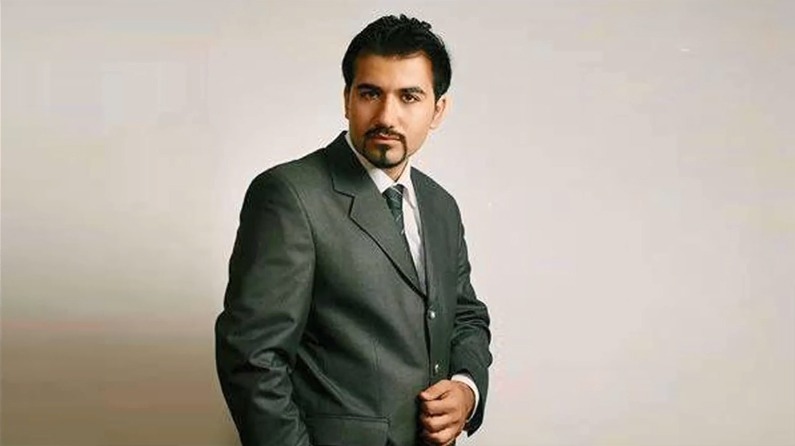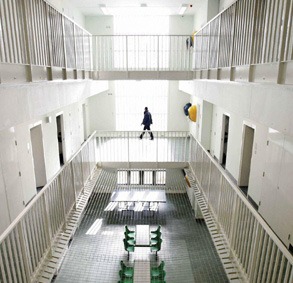
If lockdown has deepened our empathy with the predicament of inmates in our jails, it has also released innovative means of protest on behalf of political prisoners locked up in brutal conditions. On 14th April, the Council of Ex-Muslims of Britain organised a self-declared first: a three-hour online protest, live-streamed on Facebook, mixing music, poetry and an array of international speakers, in support of Soheil Arabi.
Arabi is an atheist, activist and blogger. He's in an Iranian prison, in bad shape both emotionally and physically. His crime? Blasphemy: writing insulting Facebook posts about the prophet Muhammad, the Supreme Leader of Iran Ali Khamenei and other Iranian officials. Arabi was arrested in December 2013 and sentenced to death for blasphemy. In July 2015, upon appeal, his death sentence was reduced to seven and a half years in prison and two years of religious studies to cure him of his atheism. In addition to physical problems caused by various hunger strikes, Arabi has been tortured, resulting in blunt trauma to his testicles and a broken nose, amongst other injuries.
Refusing to be silenced, he was later sentenced to an additional three years in prison, exile and a fine on charges of “propaganda against the state” and “insulting the sacred and the supreme leader” because of his open letters highlighting inhumane prison conditions of political prisoners in Iran. As if to rub the mullahs’ noses in it, he signs letters as Soheil Arabi, Atheist.
Iran, Pakistan and Yemen are the three worst countries in regard to the implementation of blasphemy law, often used to harass religious and ethnic minorities. (See my interview with Saif ul-Malook, the lawyer who represented Asia Bibi. A Christian woman, Bibi spent nine years in prison on confected charges of blasphemy, many of those on death row, before the sentence was commuted to life.) According to The Freedom of Thought report 2019, blasphemy laws exist in 69 countries and is punishable by death in six.
We don't know the number of prisoners sentenced to death for blasphemy in Iran. Figures are hard to come by. A 2018 Amnesty report put the number of individuals executed at over 253, while 18 were convicted of moharebeh (enmity against God) and 14 of “spreading corruption on earth”, vague terms for blasphemy much in vogue in Iran. Any criticism of the state can be deemed a religious offence and has proven a handy mechanism for controlling dissent.
Arabi resumed his hunger strike on April 4 in protest at the Iranian regime’s denial of medical care, inhuman prison conditions and the denial of leave for prisoners during the coronavirus pandemic. In a bid to stop the spread of the virus, more than 85,000 prisoners were released on temporary leave, including the more well-known political prisoner Nazanin Zaghari-Ratcliffe, the British-Iranian citizen imprisoned for allegedly "plotting to topple the Iranian government". In his letter to the Greater Tehran Penitentiary announcing his hunger strike, Arabi asks, "And I have been imprisoned for telling the truth. Those who had embezzled money were granted prison leave and are now at large. Armed robbers are now at large. What is the danger of a journalist?"
Atheism is a red rag to religion in a way that religion rarely is to atheism – unless we are talking about authoritarian regimes like the Soviet Union. It's a point that is often eclipsed in liberal democracies where freedom of belief often trumps the freedom not to believe. Of course, in countries like Iran, neither freedom exists.

